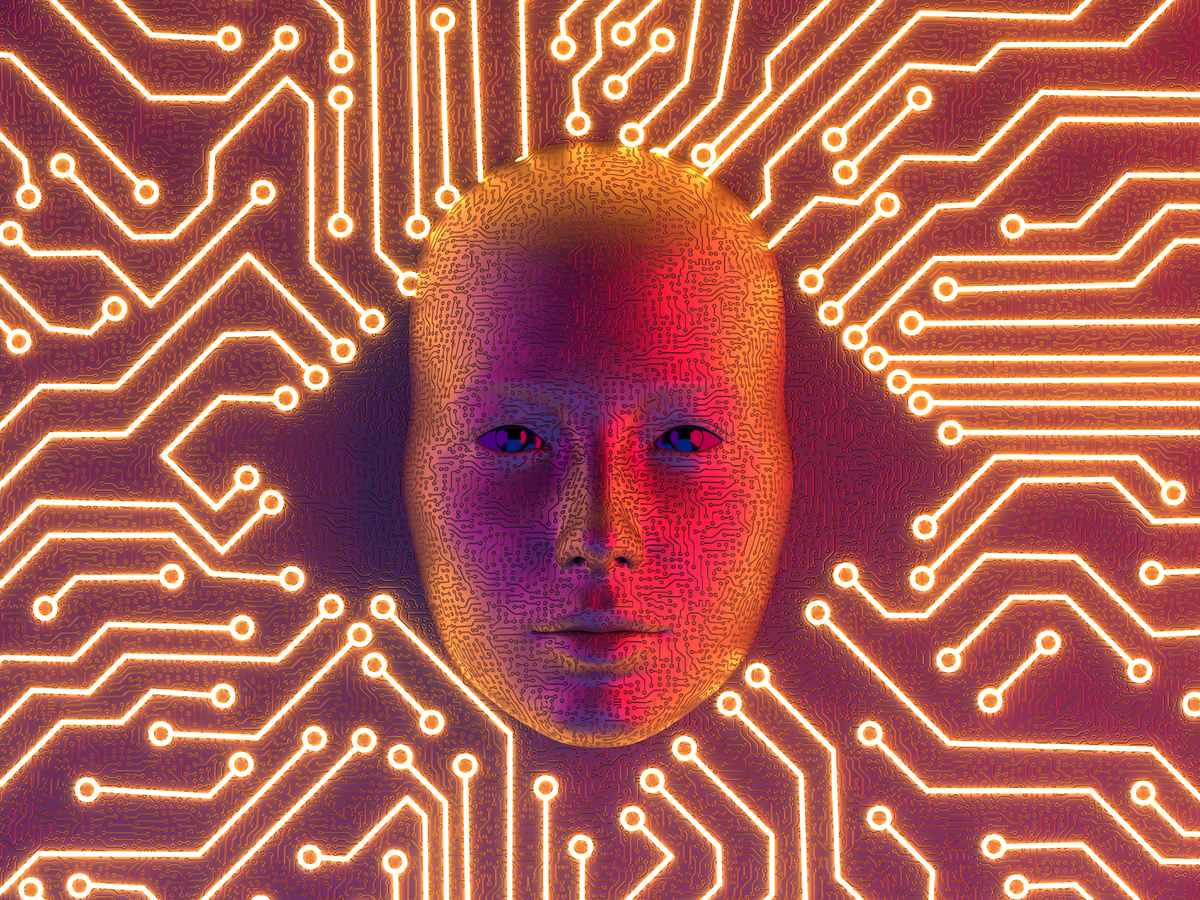Politics
Deepfake and its Threat to Democracy
Published
3 months agoon

As India gears up for the world’s largest elections in 2024, political parties are turning to artificial intelligence (AI) for novel – and dangerous – strategies. The rise of deepfake technology is poised to fundamentally shape the country’s coming general elections.
What is Deepfake?
Deepfakes are AI-generated or manipulated media that have the ability to deceive viewers by creating incredibly realistic videos or images that appear genuine. In the context of elections, deepfakes can be used to spread disinformation, manipulate public opinion, and even confuse voters between real and fake candidates.
The Flood of AI-Generated Media
In recent months, a flood of AI-generated or manipulated media has marred a series of elections in India’s states. From doctored videos to misleading audios, deepfakes have become a potent tool in the hands of political campaigns. With India’s nearly one billion voters set to choose their next national government, the threats posed by deceptive AI-generated media have caught the world’s attention. Deepfakes have the potential to manipulate public opinion, spread falsehoods, and undermine the integrity of the electoral process.
Prime Minister Narendra Modi has expressed concerns about deepfakes, calling them a “threat to democracy.” But with political parties using AI for campaigning and embracing deepfakes as a strategy to influence voters, it seems that the boundaries between reality and virtual reality are blurring. The availability of AI tools, some of which are free or available for a minimal cost, has made it easier for political parties to generate deepfakes and incorporate them into their campaigns.
The BJP’s Technological Sophistication
The BJP, known for its technological prowess, has been using illusions and AI-driven strategies in its campaigns for years. As early as 2012, the party used 3D hologram projections of Narendra Modi to enable him to “campaign” in multiple locations simultaneously. This strategy was widely deployed during the 2014 general elections, which propelled Modi to power. However, the use of deepfakes in campaigns took a significant leap in February 2020 when Manoj Tiwari, a BJP member of parliament, became one of the world’s first politicians to use deepfakes for campaigning.
Tiwari addressed voters in Delhi ahead of the capital’s legislative assembly elections using three videos. While the Hindi video was authentic, the other two were deepfakes. AI-generated voices and altered expressions made it nearly impossible to detect that these videos were not genuine. This marked a new era in political campaigning, where AI manipulation could be used to reach distinct audiences and manipulate public perception.
The Congress Party’s AI Ambitions
The Congress party, in its bid to catch up with the BJP’s technological advancements, has also embraced AI in its campaigns. The party’s tech-savvy team in Telangana used AI tools extensively during the state’s legislative elections. Arun Reddy, the national coordinator for social media at the Congress, acknowledged the power of AI in shaping public opinion. He emphasised that politics is about creating perception and that AI tools can turn that perception on its head in a matter of minutes.
The Congress party, like other political parties in India, is actively exploring ways to incorporate AI into its campaigns. However, a lack of trained personnel hinders their ability to fully execute their ideas. Reddy expressed his desire to strengthen his team and increase the use of AI-manipulated content in the party’s campaigns. He believes that the use of AI in political campaigning will increase significantly in the future.
Challenges for Election Integrity
The use of deepfakes in political campaigns poses significant challenges for election integrity in India. Indian laws currently do not have a clear definition of deepfakes, making it challenging to prosecute offenders. The police have been using existing laws against defamation and fake news to address individual cases, but this approach is playing whack-a-mole. The Election Commission of India (ECI), the autonomous body responsible for conducting elections, needs to adapt to the evolving nature of political campaigns and take prompt action against deepfakes.
During the Telangana state elections, the ruling Bharat Rashtra Samithi party warned its followers about deepfakes deployed by the Congress party on social media. However, the video in question remained online, and the Congress party did not receive any notice from the ECI. The spread of deepfakes, even if they mislead a single voter, can undermine the purity of the election process. Deepfakes have made the problem of rumour-mongering during elections a thousand times graver.
The Role of Tech Companies and Government
The Indian government has urged major tech companies, including Google and Meta, to take active measures in moderating deepfakes on their platforms. IT
Minister Rajeev Chandrasekhar has met with officials from these firms to discuss the threats posed by deepfakes. By involving tech companies in the moderation process, the government aims to avoid accusations of selective censorship or cracking down on emerging AI technologies.
However, passing the responsibility to private companies has raised concerns about the effectiveness of content moderation. Prateek Waghre, the executive director of India’s Internet Freedom Foundation, believes that current content moderation approaches are flawed. He argues that redesigning algorithms to prevent the promotion of polarizing content is essential. The rise of AI has compounded the challenges faced by tech companies in content moderation, making it imperative for them to take reasonable steps to tackle deepfakes.
The Need for Action
The Internet Freedom Foundation has called on electoral candidates and parties to voluntarily refrain from using deepfake technology ahead of the national elections. While the response to this call remains uncertain, it is crucial to raise awareness about the dangers of deepfakes and their potential impact on India’s election integrity. Identifying every AI-manipulated media is an arduous task, and companies must redesign algorithms to minimize the dissemination of deepfakes.
The Election Commission of India also needs to play a more proactive role in moderating deepfakes in real-time to protect the democratic process. The prompt detection and removal of deepfakes can prevent the damage they can cause to India’s election integrity. As technology evolves, it becomes increasingly important to stay vigilant and take necessary measures to safeguard the democratic foundations of the country.
Without a doubt, deepfakes pose a significant threat to India’s democracy, with the potential to manipulate public opinion, spread disinformation, and undermine the integrity of elections. Political parties are leveraging AI technology to their advantage, using deepfakes as a tool to influence voters. The government, tech companies, and the Election Commission of India must work together to combat the spread of deepfakes and ensure the fairness and transparency of the electoral process. Only through collective action can India protect its democracy from the perils of AI-driven deception.






